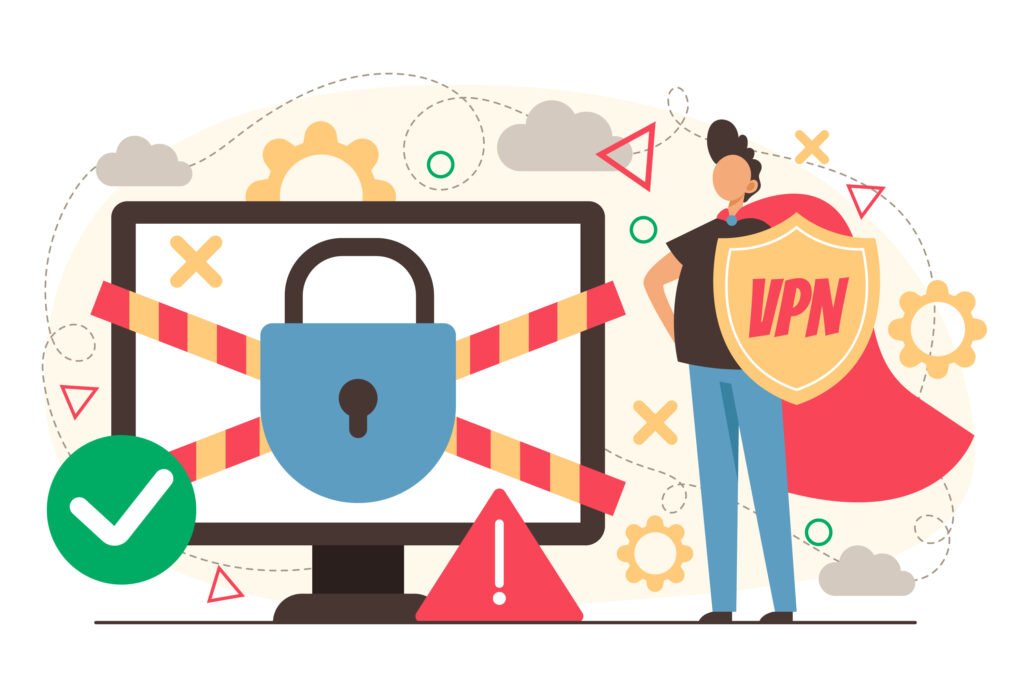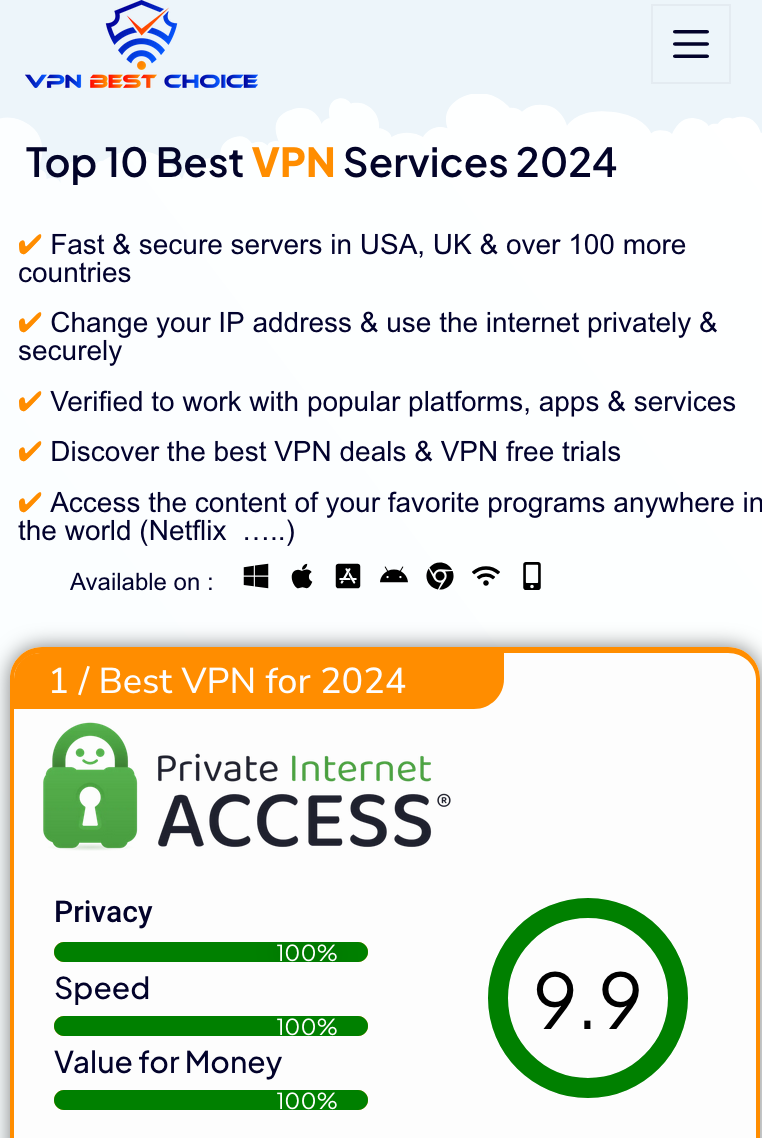
Virtual Private Networks (VPNs) have become an essential tool for maintaining privacy and security online. But what makes a VPN tick? The answer lies in the VPN protocols. In this guide, we’ll explore what VPN protocols are, the different types available, their pros and cons, and how to choose the best one for your needs. Plus, we’ll delve into the concepts of VPN encryption, TCP, and UDP. Let’s get started!
What is a VPN Protocol?
A VPN protocol is a set of rules that dictates how data is transmitted over a VPN. It determines how your data is encrypted, how it is routed through the VPN server, and the speed and security of your connection. Think of it as the language your VPN uses to communicate with your device and the internet.
What VPN Protocols Are There?
There are several VPN protocols available, each with its own features and benefits. Here are the most common ones:
- OpenVPN: Highly secure and customizable, widely used for its strong encryption and flexibility.
- IPSec/IKEv2: Known for its speed and security, ideal for mobile devices due to its ability to handle network changes smoothly.
- L2TP/IPSec: Provides good security but can be slower due to double encapsulation.
- PPTP: One of the oldest protocols, offering fast speeds but weaker security.
- SSTP: Developed by Microsoft, integrates well with Windows but less commonly supported on other platforms.
What is VPN Encryption?
VPN encryption is the process of converting your data into a secure code to prevent unauthorized access. It ensures that any data transmitted over your VPN connection is unreadable to anyone who intercepts it. Encryption is a critical component of VPN protocols, enhancing your online privacy and security.
What are the Pros and Cons of Each VPN Protocol?
Each VPN protocol has its strengths and weaknesses. Here’s a breakdown:
OpenVPN:
- Pros: Strong security, highly configurable, supports multiple encryption algorithms.
- Cons: Can be complex to set up, might be slower on some devices.
IPSec/IKEv2:
- Pros: Fast, stable, handles network changes well, strong security.
- Cons: Not supported on all platforms, can be blocked by some firewalls.
L2TP/IPSec:
- Pros: Good security, easy to set up.
- Cons: Slower due to double encapsulation, can be blocked by firewalls.
PPTP:
- Pros: Fast, easy to set up.
- Cons: Weak security, vulnerable to attacks.
SSTP:
- Pros: Integrates well with Windows, good security.
- Cons: Limited platform support, developed by Microsoft.
What is TCP and UDP?
TCP (Transmission Control Protocol) and UDP (User Datagram Protocol) are two core protocols used in networking. They differ in how they handle data transmission:
- TCP: Ensures reliable data delivery by establishing a connection and verifying that data packets arrive in order and without errors. It’s slower but more reliable.
- UDP: Faster as it sends data without establishing a connection or verifying delivery, making it less reliable but more suitable for real-time applications like streaming.
VPN protocols can use either TCP or UDP to transmit data. For example, OpenVPN can operate over both TCP and UDP, allowing users to choose based on their needs for speed or reliability.
Which VPN Protocol Should I Use?
Choosing the right VPN protocol depends on your specific needs:
- For Security: OpenVPN is a top choice for its robust encryption and security features.
- For Speed: IPSec/IKEv2 offers a good balance of speed and security, especially for mobile users.
- For Compatibility: PPTP is easy to set up and compatible with many devices, though it’s less secure.
- For Windows Integration: SSTP is a good option for seamless integration with Windows environments.
Consider what matters most to you – whether it’s speed, security, ease of use, or device compatibility – and choose accordingly.
Closing Remarks
Understanding VPN protocols is crucial for selecting the right VPN service that meets your needs. From OpenVPN’s robust security to PPTP’s ease of use, each protocol offers unique benefits and drawbacks. By considering your priorities and understanding the core principles behind each protocol, you can make an informed decision that enhances your online privacy and security.
Need help choosing the best VPN? Our website does all the heavy lifting for you! We’ve researched and reviewed various VPNs to find the ones that use the best protocols for your needs. Whether you prioritize speed, security, or ease of use, you can find a VPN that suits your specific requirements on our site. Dive in and explore our recommendations to ensure you get the best protection and performance online.





